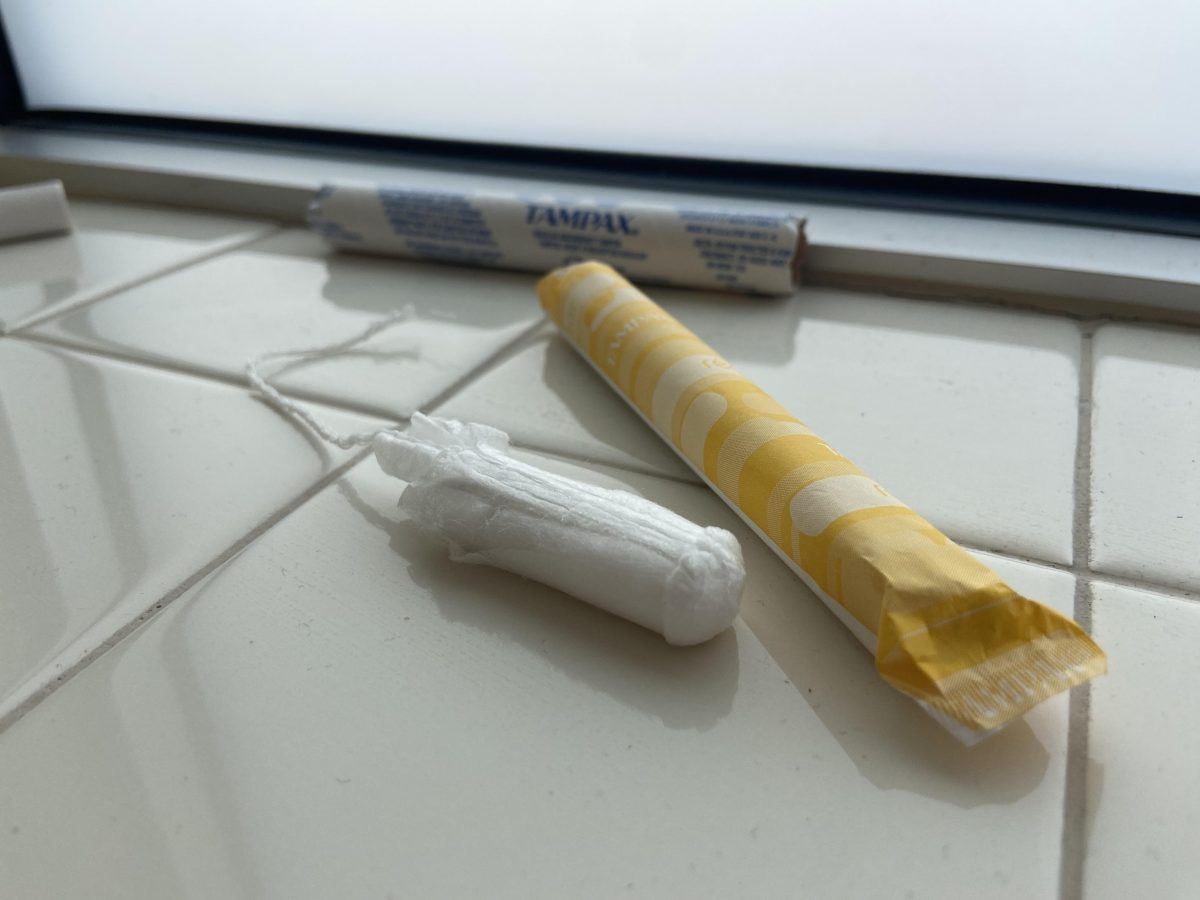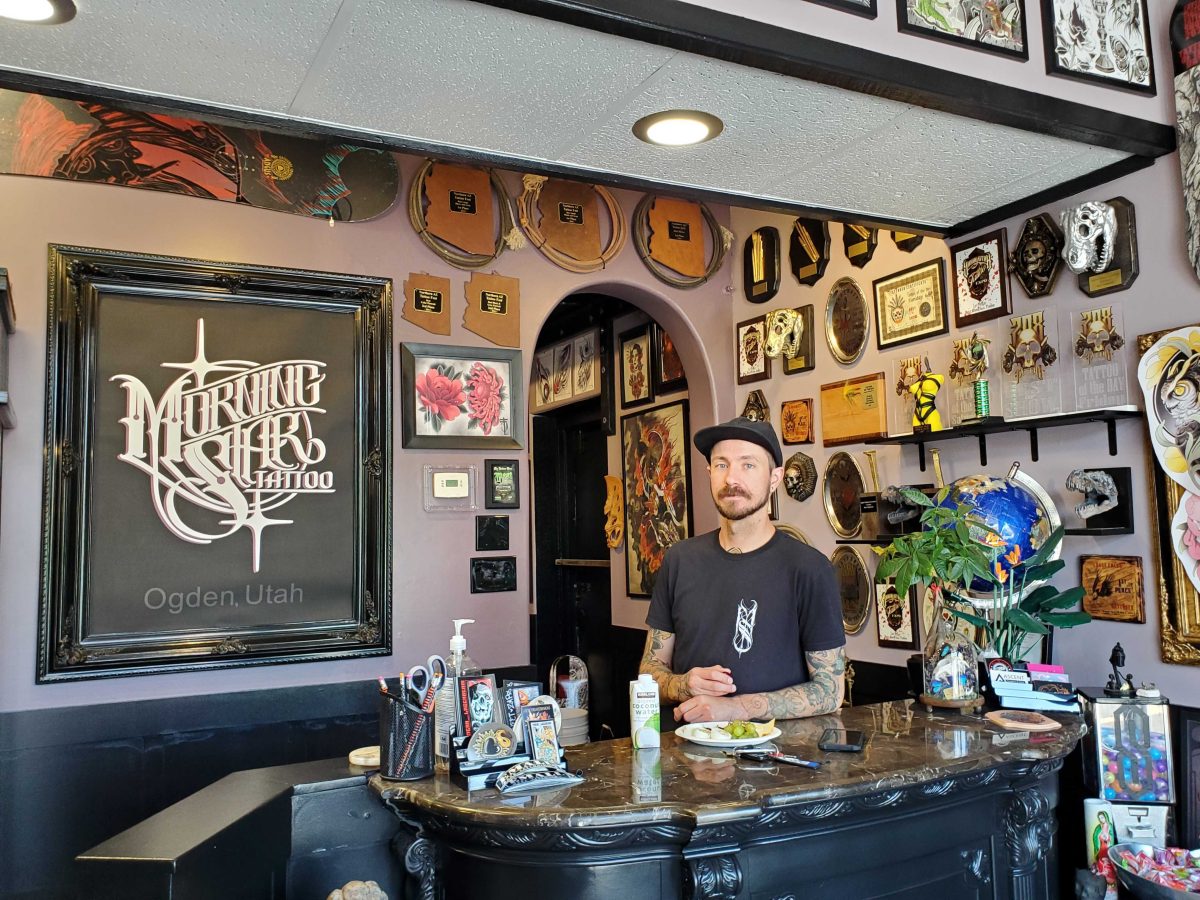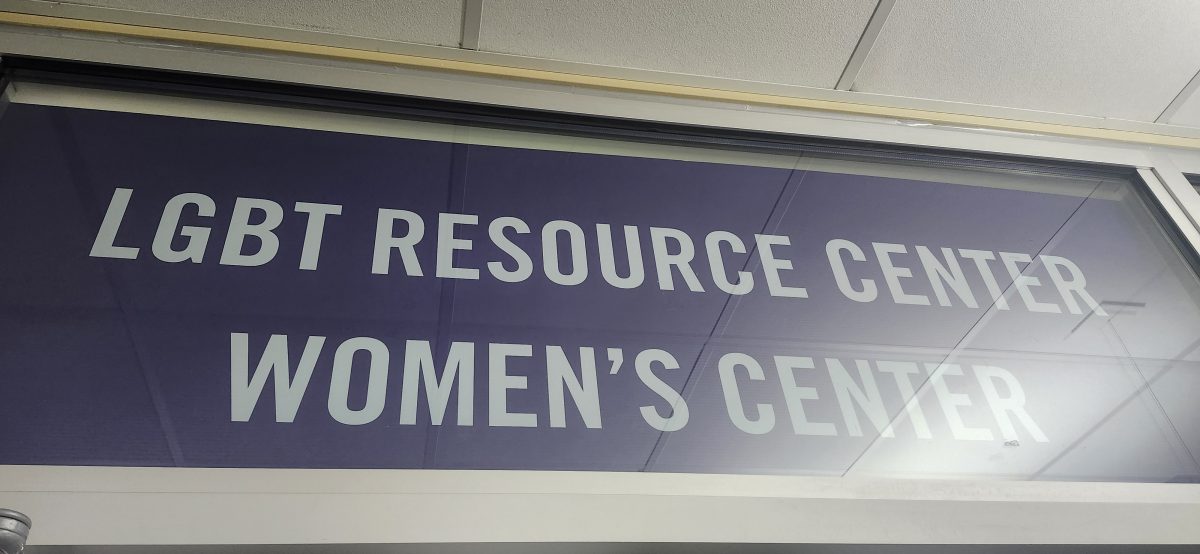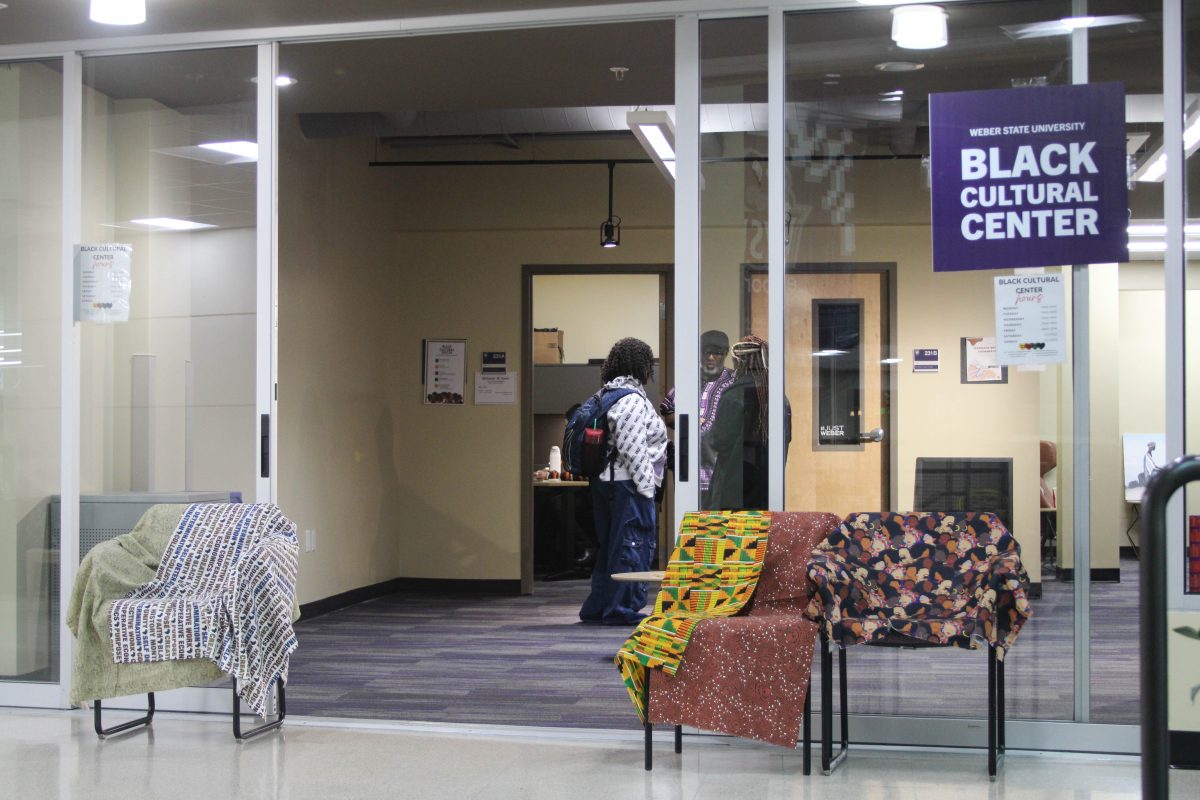A monthly ailment
Gracie Stephenson
Once a month Katie Ewell, WSU senior, falls victim to a week’s worth of pain and sickness. What she has is not comparable to a cold or any other viral infection. She suffers from painful abdominal cramps that are the result of her menstrual cycle.
“I have skipped classes due to a painful period,” Ewell said. “However, professors don’t necessarily see that to be a valid excuse.”
Roughly 1.8 billion women around the world menstruate, according to the National Institutes of Health. However, regardless of the large number of menstruating individuals, painful periods are rarely taken seriously.
A woman’s period can be inconvenient, uncomfortable and painful. Endometriosis and ovarian cysts can amplify the pain and discomfort a woman feels during her menstrual cycle.
The office on Women’s Health gauges the number of women suffering from endometriosis to be 6.5 million. About 10 in every 100 women experience ovarian cysts, according to the National Institutes of Health.
Johns Hopkins Medicine estimates that dysmenorrhea, otherwise known as severe and frequent cramps and pain during a menstrual cycle, affects up to 95% of women.
Aside from pain, a woman’s period can have a heavy flow which can hinder her day-to-day life. Things like frequently visiting the bathroom to change feminine hygiene products, wearing specific clothing to avoid visible bleeding through and avoiding going out to accommodate a heavy flow can be considered normal for many women.
What WSU women experience during a menstrual cycle
Grace Fraser is a freshman studying elementary education. Fraser describes her menstrual cramps to be so painful that she is sometimes unable to get out of bed. A typical period for Fraser includes abdominal cramping, back pain, headaches and nausea.
“I have called into work and skipped classes before due to my menstrual cycle,” Fraser said. “I have never explained that it’s my period because it’s generally not seen as a serious reason to not come in- I always just say I’m sick.”
Freshman Rin Adam finds her periods to be painful and a disturbance to her everyday doings.
“I get cramps and headaches on my period. Cramps can hinder my daily life quite a bit because it makes standing, moving and sometimes even breathing difficult. The headaches can be pretty bad, and nothing will get rid of the pain,” Adam said.
Adam has called in sick at work and skipped school due to painful and uncomfortable periods before.
“Anytime I call in I tell them it’s because I’m sick. I feel like schools and workplaces usually aren’t understanding about periods. They see it as something invalid,” Adam said.
Olivia Cottrell is a freshman studying business. Cottrell recounts the only time she called in sick to work and transparently disclosed that her period was the reason for being unable to come in.
“One time I did tell my boss that I wasn’t coming in because of my period. It was even a woman and she asked me to come in anyways,” Cottrell said.
Lyndee Thornell, an aspiring school psychologist, recalls a similar experience with trying to use her period as an excuse to not come into work.
“I usually just tell my boss that I’m sick. I work with mostly men and if I bring up my period it makes them uncomfortable,” Thornell said. “When I tell them I can’t come in because of my period they ask me to deal with it and come in anyway.”
On top of the physical pain that a woman’s menstrual cycle can cause, there is a large psychological and emotional aspect associated with periods as well.
“I find that during my period I get more irritable and more sensitive. I tend to feel more insecure,” Ewell said.
“It makes me super depressed sometimes. The emotional rollercoaster I feel from my period can be very hindering,” Fraser said.
How WSU professors view menstrual cycles
Matthew Crook is an associate professor of microbiology. Crook claims that he accommodates women’s health by not implementing an attendance policy. This allots for any days a woman may need to miss because of her period.
However, Crook finds it important to make the distinction between regular periods and irregular ones.
“If women are experiencing an abnormal period, I definitely think that they should see to their health,” Crook said. “If they just have a normal period, I don’t get the impression that it has a significant debilitating effect on their daily doings.”
Assistant Professor Robin Haislett strongly believes in the seriousness of a woman’s menstrual cycle.
“As a woman who has experienced a painful period before, there has been days where it’s taken me out,” Haislett said. “I hope that people who don’t experience cramps like that, male or female, would be sympathetic to those who do.”
Haislett has integrated her view on periods into her attendance policy by not penalizing students who aren’t able to make it to class for various reasons, especially during a painful period.
“A period is a biological event that’s happening to you. It would be the same if you had a stomach bug or just generally not feeling well,” Haislett said.
Professor Rieneke Holman teaches in the nursing department but is a labor and delivery nurse by trade. She too believes that a woman’s menstrual cycle is “overall not taken as seriously as it should be.”
“Men can’t experience a period, so they have no concept of the pain,” Holman said. “Some women don’t have very painful periods, so they don’t understand either. Whatever happens to you is what you think is normal.”
Many individuals believe that because a period is a biological event the pain and side effects become something a woman is used to, or that it’s normal. This is not true.
The results of a study uploaded by Up To Date, an evidence-based medical support site, showed that some women’s period cramps are close to the same amount of pain felt during childbirth.
“Being in pain is not something you should get used to,” Haislett said.
A monthly ailment
January 25, 2024
Menstrual products in a bathroom windowsill.
















